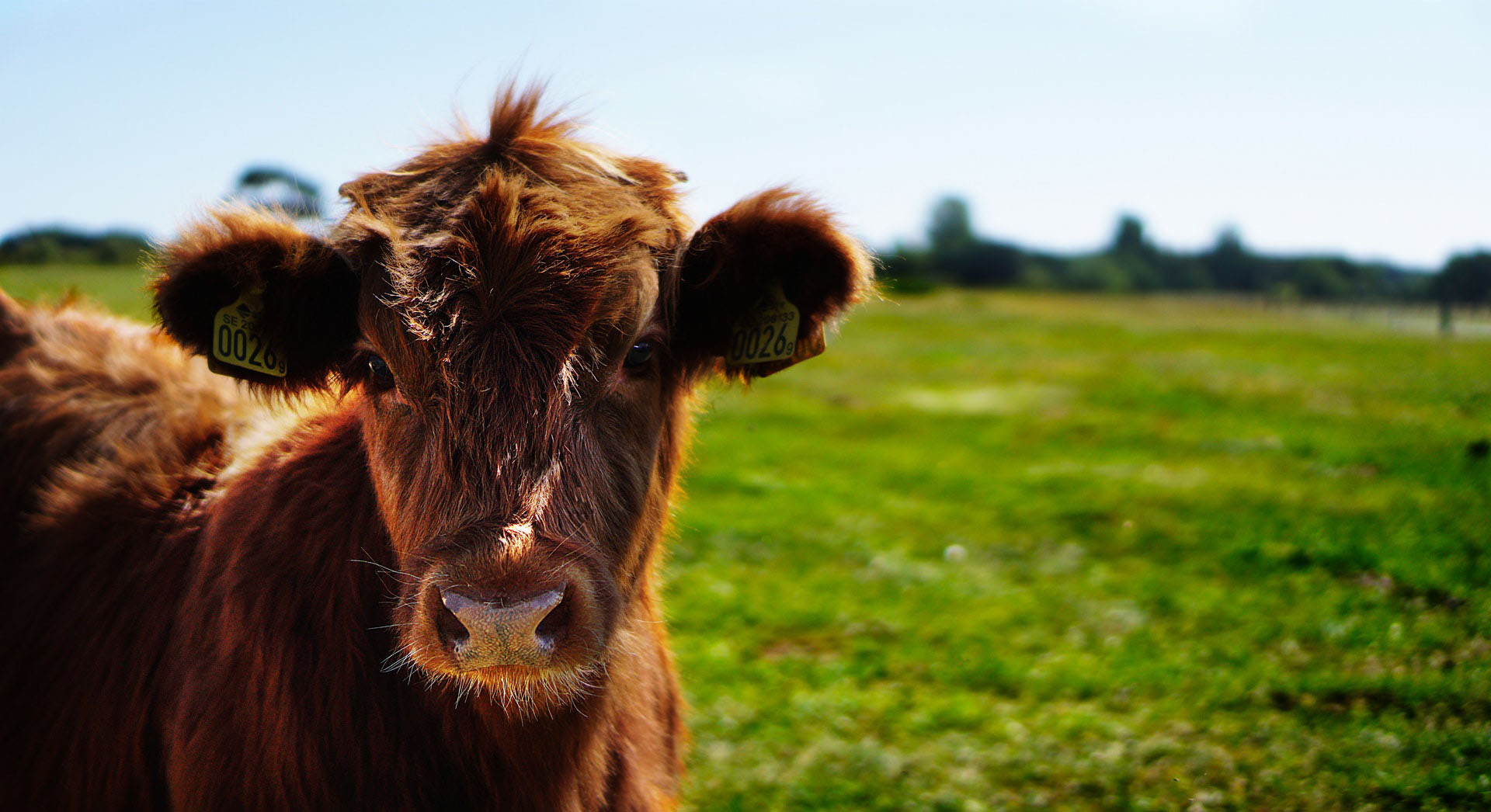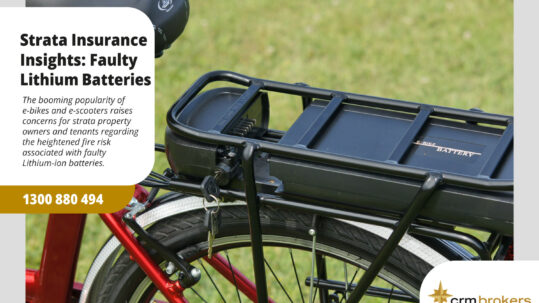
04 Jan COVID and the risk of unoccupied dwellings on farms
COVID and the risk of unoccupied dwellings on farms
The COVID pandemic continues to create complications for people from all walks of life, and farmers are no exception.
The inability to employ seasonal workers, relied upon by farmers, has been well documented in the media. This not only affects the profitability and sustainability of farmers but also has implications from an insurance perspective, due to a reduction of occupancy of farm dwellings, and the increased risk of trespass or malicious/accidental damage in unoccupied buildings that are typically used to house these workers.
Argis Farm Underwriting Manager, Peter Morsley, explains what brokers need to know to ensure their clients remain covered.
What’s the issue?
“Occupancy is a rating factor when underwriting any dwelling, so when we’re underwriting dwellings on farms one of the factors we consider is whether it’s owner occupied, rented out or casually or seasonally occupied,” he says.
While Mr Morsley says these are all acceptable risks, there is a concern with the level of risk attached to dwellings that are unoccupied for long periods of time.
“Generally speaking, buildings that are unoccupied for a long period of time are more susceptible to break-ins, vandalism or fire, or just normal maintenance issues that come with the property not being regularly occupied,” he explains.
The impact of COVID
“On a farm, this might include a house to accommodate seasonal workers that work at certain times of the year, or a second dwelling on the property that’s used by the farmer’s family and friends visiting the farm.”
As COVID has created a shortage of workers on farms, and also prevented people from visiting farms, it is now more likely that those buildings are unoccupied, Mr Morsley explains.
What the policy covers
The Argis policy wording stipulates that a property can be unoccupied for up to 120 days at a time, before policy coverage reduces. At that time, the unoccupied property is only covered for damage caused by lightning, earthquakes, impact by vehicles, aircraft, and storm damage.
“It’s important for brokers and clients to understand that occupancy means a building is resided in overnight, so while some of these buildings might be used during lunch breaks or for bathroom stops, if someone is not staying in the building overnight that doesn’t equate to occupancy,” Mr Morsley explains.
Communication is key
Mr Morsley says that as plans to occupy buildings may have been affected by COVID, Argis is being flexible and is willing to work with brokers who notify its underwriters that a building is approaching 120 days and may be considered unoccupied.
“We might ask a few more questions as to when it was last occupied and when they think it might likely to be next occupied and we will reasonably consider an extension to the 120 days with some conditions such as turning off the supply of water and electricity to the building, and a commitment to regularly inspect and maintain the property,” Mr Morsley says.
Notwithstanding the COVID situation improving and borders tentatively reopening, unoccupied buildings are likely to remain an issue for at least the first half of 2022.
“As we’re still not quite sure what’s happening with borders in some parts of Australia, if your client has a building that has exceeded 120 days without occupancy, or is coming up to that limit, we suggest you contact us for a conversation about the situation.”
Here to help
For more information or a discussion about unoccupied premises on farms, or for general enquiries about farm insurance, please contact your CRM Broker on 1300 880 494.
Important Notice
This article provides information rather than financial product or other advice. The content of this article, including any information contained in it, has been prepared without taking into account your objectives, financial situation or needs. You should consider the appropriateness of the information, taking these matters into account, before you act on any information. In particular, you should review the Product Disclosure Statement (‘PDS’), Target Market Determination (‘TMD’) and Financial Services Guide (‘FSG’), which can be obtained by contacting CRM Brokers or downloading it from the agency’s website before deciding to acquire, or to continue to hold, this product.
Information is current as at the date the article is written as specified within it but is subject to change. CRM Brokers make no representation as to the accuracy or completeness of the information. Various third parties have contributed to the production of this content. All information is subject to copyright and may not be reproduced without the prior written consent of CRM Brokers.
This product is issued by SGUAS Pty Ltd t/as ARGIS Insurance (ABN 15 096 726 895, AFSL 234437) (‘ARGIS’) acting under a binder agreement with HDI Global Specialty SE – Australia (ABN 58 129 395 544, AFSL 458776) (‘HDI Global Specialty’) the insurer of this product.
Strata Insurance Insights: Building Valuations
While securing appropriate insurance coverage is fundamental for strata property...
14 March, 2024The Alarming Rise of Business Email Compromise and the Vital Role of Cyber Insurance
In today’s rapidly evolving cyber threat landscape, cybercriminals are con...
27 February, 2024Navigating High-Risk Tenancies and Property Insurance
When it comes to insuring properties with commercial tenants, regardless of whet...
13 February, 2024Strata Insurance Insights: Faulty Lithium-Ion Batteries
The growing popularity of e-bikes and e-scooters has increased concerns among st...
30 January, 2024





